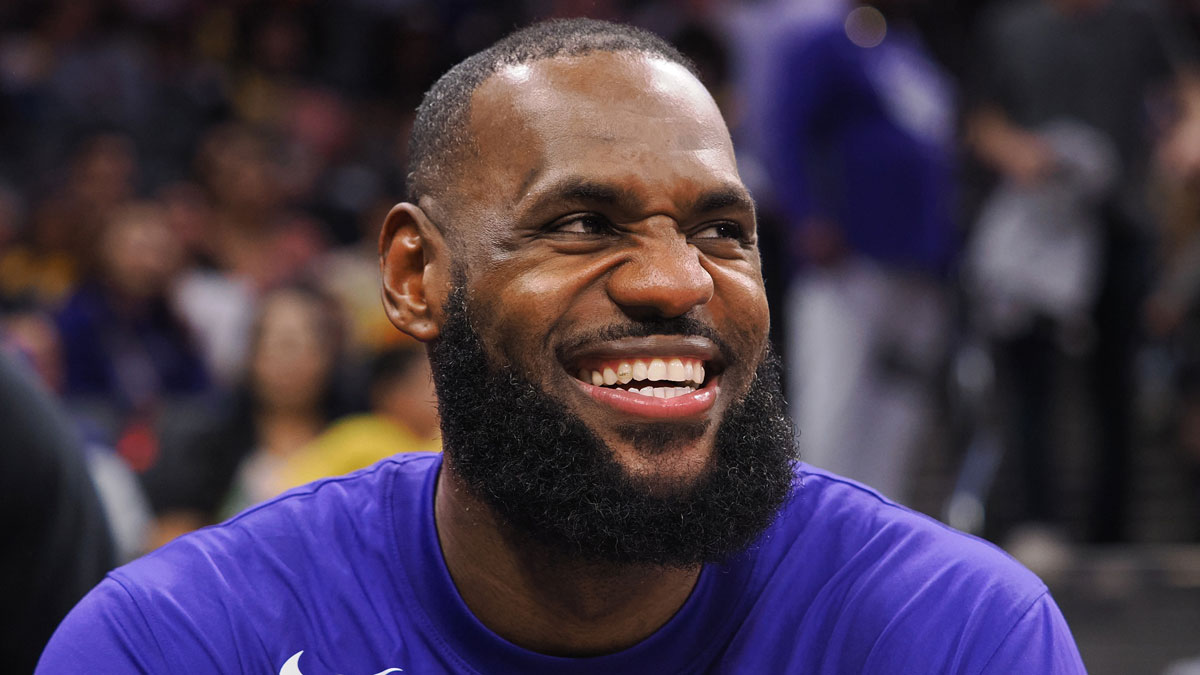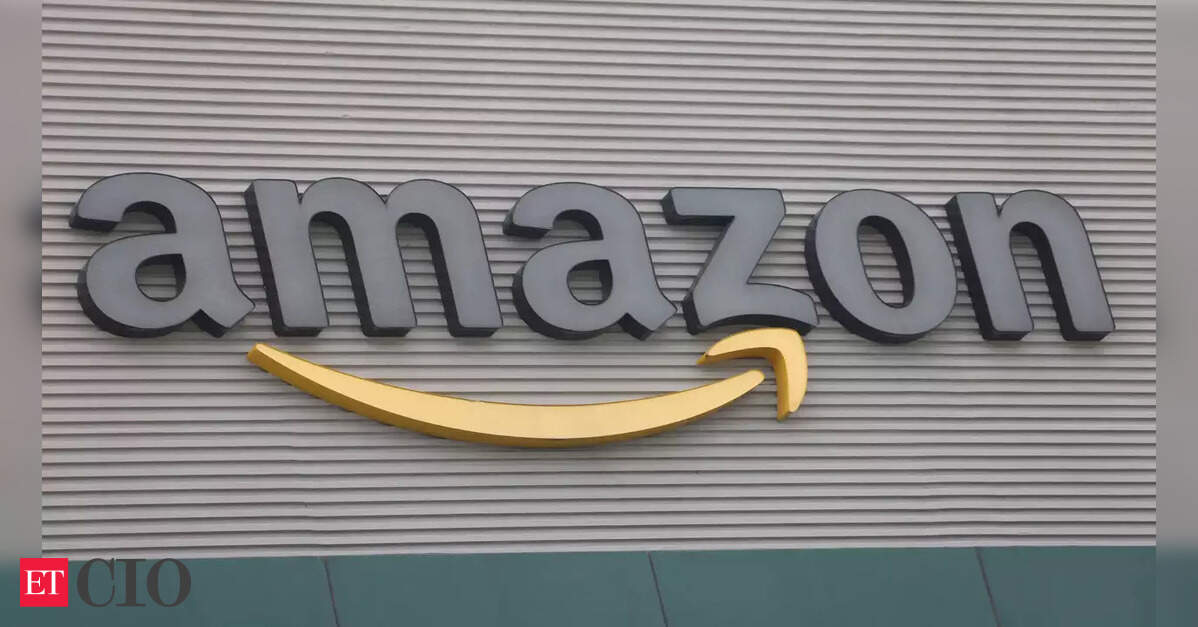How business leaders like Jeff Bezos and Mark Cuban feel about work-life balance
Many prominent business leaders have shared diverse perspectives on work-life balance, reflecting a spectrum from seeing it as essential to viewing it as an obstacle to success.
Mark Cuban, billionaire entrepreneur and former "Shark Tank" star, asserts that for highly ambitious individuals, "there is no balance." He argues that if you want to excel and dominate your field, you must be prepared to work relentlessly, as others are working 24/7 to surpass you. Thus, a traditional 9-to-5 work-life balance is incompatible with crushing the competition.
Leon Cooperman, a billionaire investor, offers a more nuanced view. While encouraging young workers to "love what you do" and pursue their passions, he emphasizes that life encompasses more than just work. He highlights the importance of family and personal relationships, sharing that his greatest success is maintaining a happy family life alongside his career.
Jeff Bezos, Amazon founder, rejects the notion of work-life "balance" as limiting, preferring the concept of work-life "harmony." He describes it as a circle where satisfaction in one area energizes the other. Feeling happy at home boosts productivity at work and vice versa, suggesting a fluid integration rather than a strict division between work and personal life.
Similarly, Microsoft CEO Satya Nadella advocates for "work-life harmony" over balance. He shifted his mindset from balancing relaxation and work to aligning his deep interests with his work, blending the two harmoniously.
Thasunda Brown Duckett, CEO of TIAA, calls work-life balance a "lie." She views life as a portfolio of roles—mother, wife, executive—and strives to be fully present in each despite the challenges of juggling them. Her approach focuses on quality presence rather than equal time division.
Former Google CEO Eric Schmidt controversially linked Google's emphasis on work-life balance and remote work to the company's lag in AI development compared to startups. He suggested that startups succeed because their teams "work like hell," implying that strict work-life balance might hinder competitiveness. However, he later walked back these comments.
Arianna Huffington, founder of Thrive Global, promotes "work-life integration," emphasizing that productivity and relaxation are not opposing forces. She believes personal life should always come first, with work being a meaningful part of a thriving life, but not its entirety.
Elon Musk exemplifies the extreme end of work dedication, expecting employees to commit fully or leave. Known for working up to 120 hours a week and spending nights at the office, Musk criticizes remote work and has imposed intense work schedules on his teams, such as requiring 84-hour workweeks at X (formerly Twitter).
Jack Ma, Alibaba cofounder, endorses long work hours, supporting the "996" culture (9 a.m. to 9 p.m., six days a week) as a "huge blessing" for young workers. He argues that passion for one's job can make such demanding schedules bearable.
In summary, views on work-life balance among top business leaders vary widely, from seeing it as essential for well-being to dismissing it as a hindrance to success. Many prefer concepts like work-life harmony or integration, focusing on blending personal and professional fulfillment rather than strict separation or balance.











